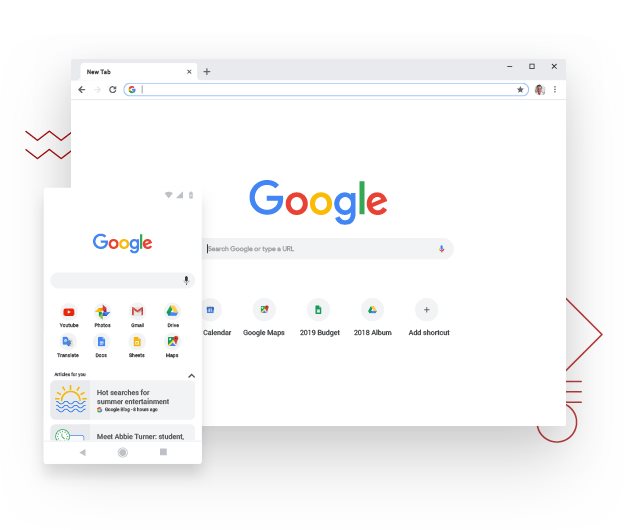
Top stories






More news


Marketing & Media
Ads are coming to AI. Does that really have to be such a bad thing?














Thanks to how Chrome 76 handles the FileSystemAPI, websites are now no longer able to detect that a user is employing Incognito Mode.
Although no cookies are stored across sessions in Incognito Mode, and websites generally use these little text scripts to track you, they could also determine using FileSystemAPI what browsing mode you were using. If it’s standard, many sites allow users to read a few articles. If Incognito, some sites block users altogether.
The fact that sites can no longer detect the browsing status using FileSystemAPI makes it a lot harder for websites with paywalls to restrict you from reading articles.
Incognito Mode is now truly Incognito Mode.
Chrome Incognito mode has been detectable for years, due to the FileSystem API implementation. As of Chrome 76, this is fixed.
— Paul Irish (@paul_irish) June 11, 2019
Apologies to the "detect private mode" scripts out there. �� pic.twitter.com/3LWFXQyy7w
Google has also previously suggested that sites affected by the change monitor the impact of the FileSystemAPI tweak on their analytics, or harden their paywall strategies.
Of course, the Incognito Mode fix will only allow users to hurdle “soft paywalls”, sites that offer users a predetermined number of free articles per period. Those paywalls that still require a subscription, well, you’ll have to pay for those.
But considering that the art of journalism does require funding, perhaps consider investing your spare change into quality reporting, rather than sneaking your way around it, hmm?